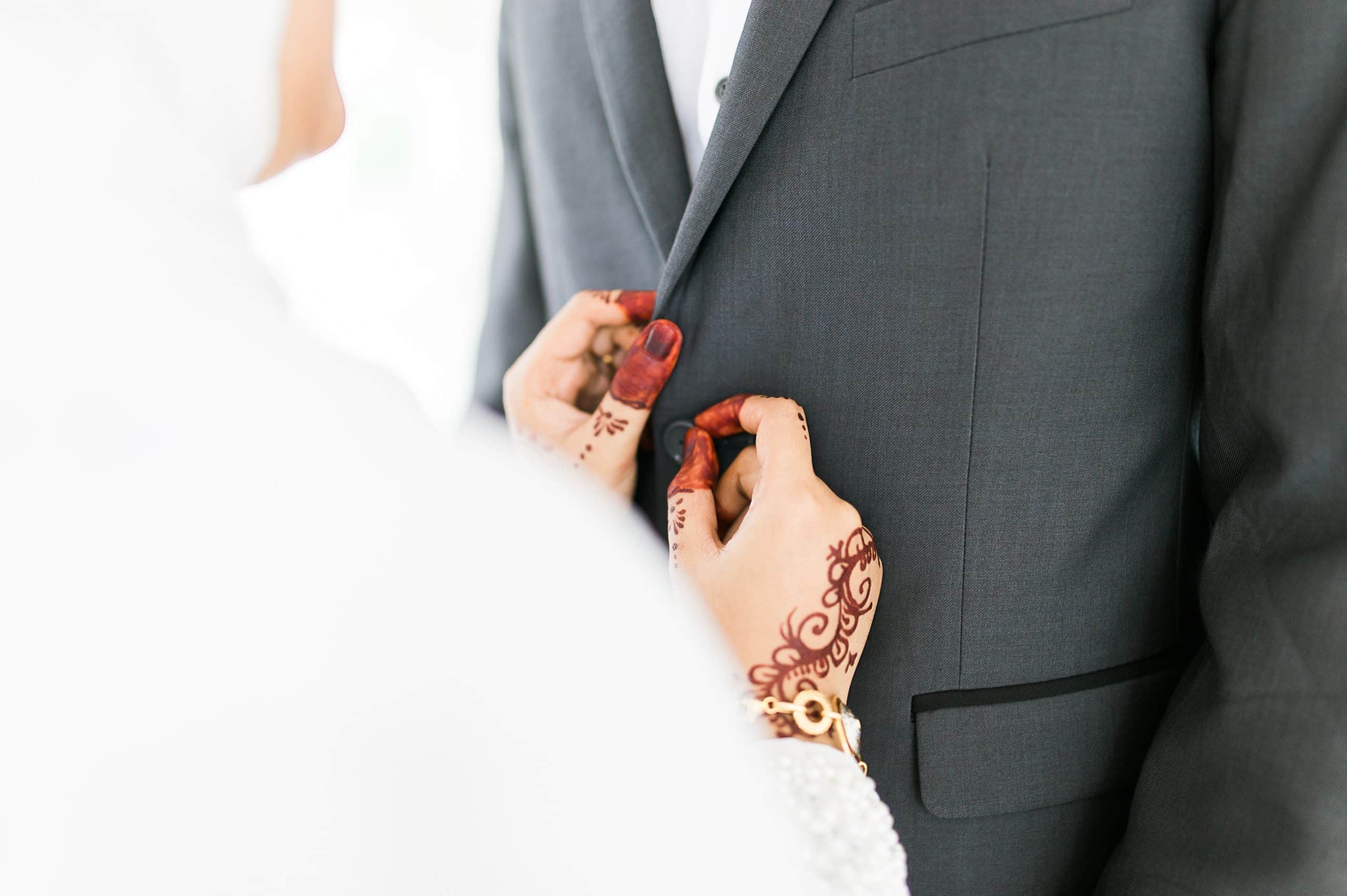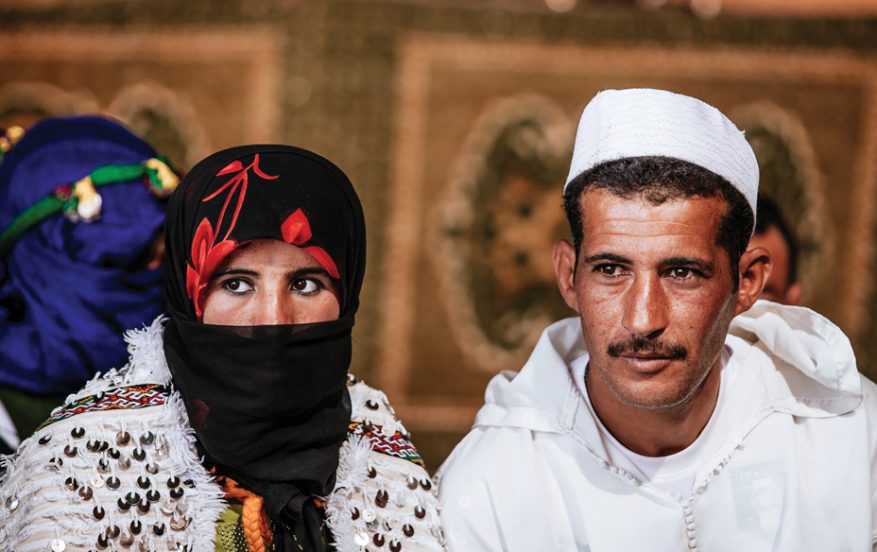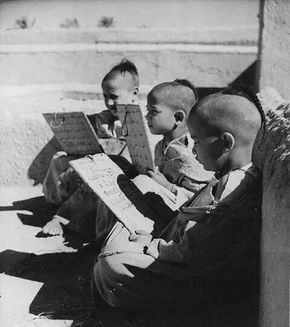By Mbarek OUKHOUYA ALI
March, 9, 2018
Which of love or shame is predominantly manifested in these cultures? Several cultures possess common components, but their dissimilarities estrange them. Every culture is special to its people although some cultural lacunas/ flaws should be filled with other cultural aspects. Indeed, this essay expounds love freedom in Morocco and compares it with American culture. Metaculture is used to elicit the information below. Therefore, the first paragraph is about Moroccan culture specificities and local tradition. The second paragraph is concerned with the American culture. For the third paragraph, freedom of love between these two conflicting cultures is its main idea.

As said above, the first point to tackle is about Moroccan culture specificities and local traditions. Moroccan culture is a shame based culture. That is to say, the shame stands in direct contrast with independence and freedom of choice and right of personal decisions. For example, we call it “bnt nas” a good girl is married to a good man /wld nas. Some cultural and social characteristics should be seen and practiced by the good girl. This signifies that a good girl is to do what her culture dictates on not for her. This is a message of other centeredness. The girl as an individual is not free to do or choose or even live the particular way she sees suitable to her. The self is finally contingent upon primarily invisible factors.
Albeit this fait accompli, the cultural conduct is gradually waning. This life style has started changing a little bit to a better understanding of life, a deep understanding and importance of the self. This shift is from other significance to egoism. Another example of this love relationship perception in Moroccan culture is hypocrisy. This latter is clear in daily activities of Moroccans. Marring a non-Moroccan girl is utterly different from marrying a Moroccan girl living in Morocco. The process becomes easier for the former case. This is construed as a sublime form of an undeclared Moroccan material mindset. Here is a clear connection between religion and culture, which is problematised as an unavoidable destiny. They assume that “What is written for you will be inevitably yours; otherwise, one is not a true Muslim.” Religion is usually used to support culture when the person is to win the game. Finally, nobody can deny this fact of inability to distinguish religion from culture in the Moroccan day-to-day life.
The second principal idea is concerned with the American culture opposing Moroccan cultural practices. The first one is love. One is free to marry to whom he or she would like. Everybody can, by no means, deter anyone to love anybody; otherwise, arranged marriage or strict conservative families share a convergent thinking. The dignity culture usually recognizes the right of choice as it is applied by its own individual. Additionally, this is a corollary of free or divergent thinking, independence, competition, self-centeredness, self-reliance. Therefore, life is as an adventure, not as a plan already designed for the child. As such, arranged marriage cases do exist in American culture, but they are less than the Moroccan culture’s. This variance is at large ascribed to social solidarity. Every individual is responsible for the family to benefit the family. Unlike American family, they grow and upbring offspring till they gain majority. In Morocco, for instance, social solidarity among family members should be strengthened culturally and permanently consolidated for religious reasons, if to be strong for ever.
It seems that the American culture glorifies selfhood, success and nation values community and a sense of competition. Freedom is well understood and individually enjoyed and practiced in everyday life. Whenever a person seeks out to marry or even cohabitate with or date somebody, no problem stands up in their way. This is good for indulging the self. This takes aim at discovering itself through its actions including de jure and de facto duties and rights.
The comparison between USA and Moroccan cultures is a very interesting topic. Differentiation between these cultures remains necessary as long as definitions are concerned. Shame-based and dignity-based cultures need to meet so as to bolster cultural dialogue. Love has got a personal and self matter in USA; whereas, in Morocco love includes family and exceeds two concerned people into other people, to which the focal point could be useless. So, freedom of love exists in American culture par excellence while in Moroccan it has already started to be obvious in very secular and liberal families.
What is noticed in this comparison is that American culture is full of secular ideas; direct separation between culture and a religion. Religion driven cultures kill the individualism of its own people, while secularism leads to help and free the individual to use reason and heart in their private lives. The American culture gives so much significance to the mind and reason to make use of. On the contrary, the Moroccan culture suppresses and sabotages its individuals’ self agency, which contrasts with the global image of Morocco: tolerance, emancipation, freedom of and from. It does not free people for certain. But it oppresses and constantly condescends to the choice of its conscious or unconscious carriers them to be unwillingly integrated or refused, of which the American culture is the opposite or careless.
In conclusion, freedom of love between two different and contradicting cultures is a demanding and uneasy task. It is worthy of a lengthy discussion or further investigation. The freedom of devotion, choice and reverence are multilayered in view of ideologies and backgrounds of these cultures in connection with “religion”.
















